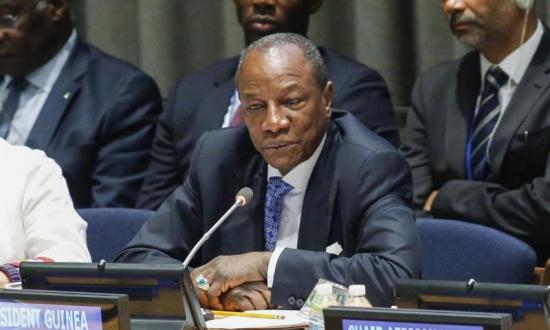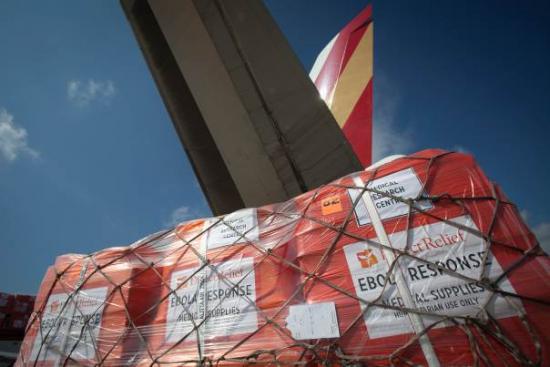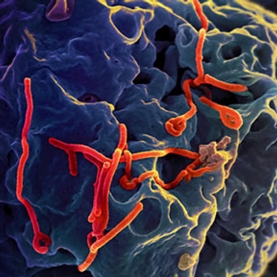WHO says it views the safety of people as paramount and would, therefore, not overlook any wrongdoing in the development of a vaccine.
The WHO Country Representative, Dr Magda Robalo, gave the assurance at a public sensitisation forum in Accra last Thursday....
Recently, following public agitations, the Minister of Health, Mr Alex Segbefia, called for more consultation on the proposed Ebola vaccine trial which was to be undertaken at Hohoe in the Volta Region.

 MSF July 17, 2015
MSF July 17, 2015



 The virulence of Ebola virus strains appears to be
The virulence of Ebola virus strains appears to be
Recent Comments